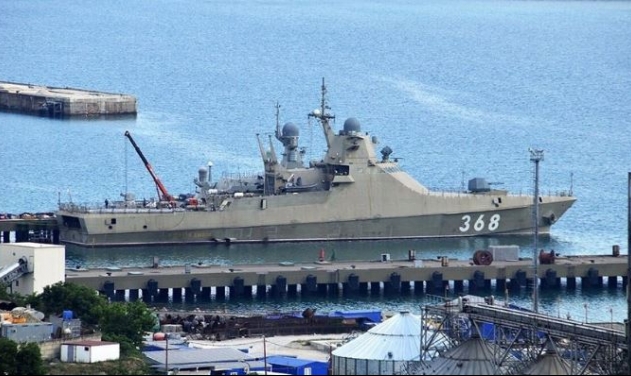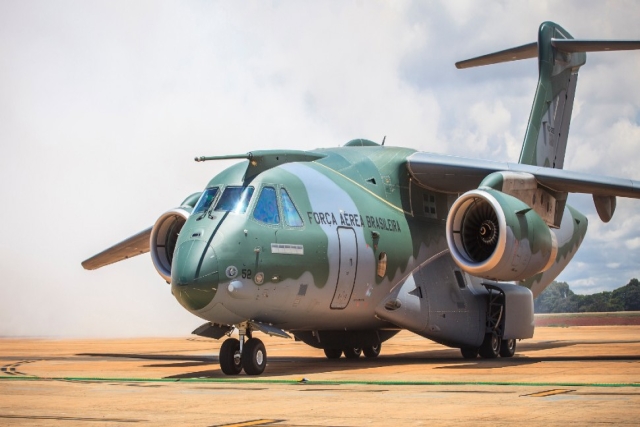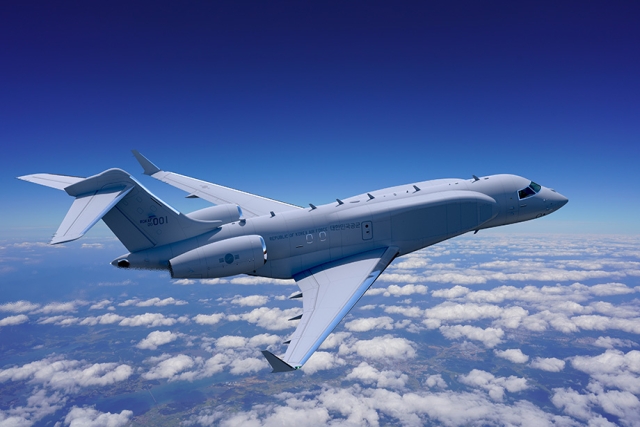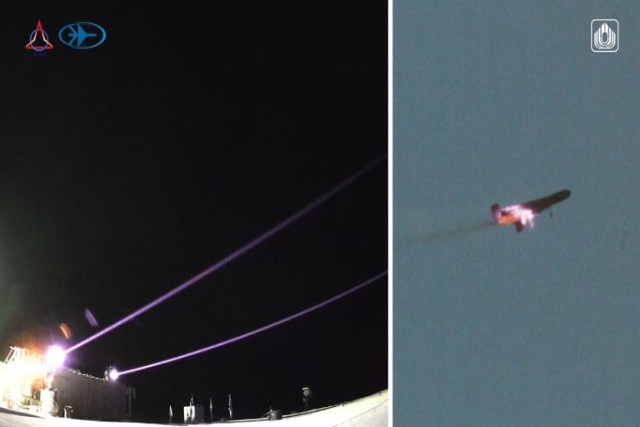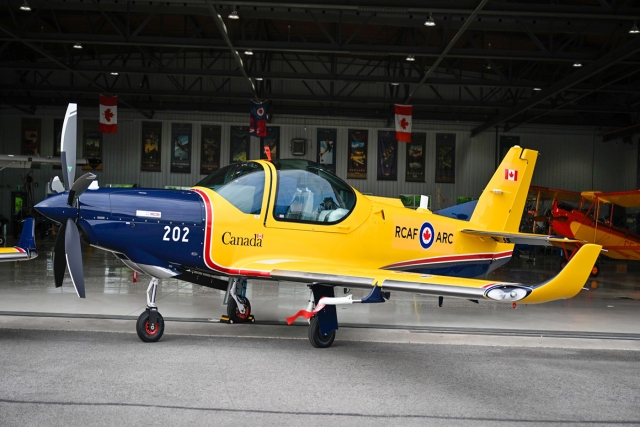Russian Navy’s Project 22160 Corvette Completes Arctic Trials
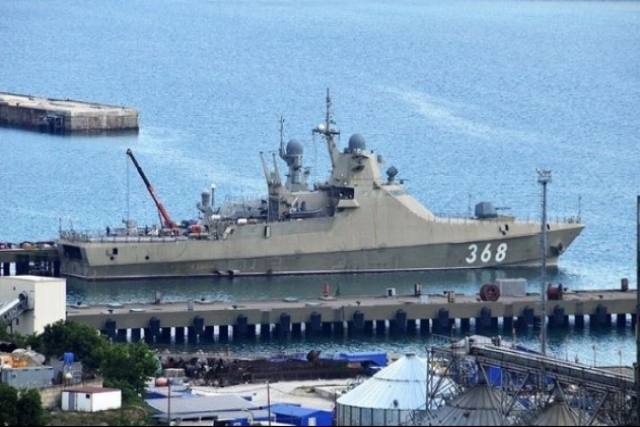
The Russian Navy’s Vasily Bykov corvette of Project 22160, believed to be unfit for the Arctic, has completed Arctic trials.
During the trials, weapons and life support systems were tested. The corvettes can operate in the northern seas against submarines, the Izvestia daily reported.
“Many countries have claimed the region of late. US submarines train patrol under ice and surfacing. The successful sortie of the Vasily Bykov is important. It tested the operation of acoustic systems in the latitudes, airspace and sea monitoring means, and the engagement of weapons. It was a valuable sortie which provided a lot of data for the construction of other corvettes of the series,” Former Navy Chief-of-Staff Admiral Valentin Selivanov, was quoted as saying by TASS News Agency.
Visit: SAHA EXPO, TURKEY -VIRTUAL AEROSPACE & DEFENCE EXHIBITION
Vasily Bykov left the Black Sea in June for the Mediterranean, circled the French coast and sailed the North and the Baltic Seas to St. Petersburg for the Navy parade. It then sailed to the White Sea. Weapon systems of the corvette were tested when it arrived in its main naval base to test the weapons. The warship spent two months in the Arctic.
Project 22160 Corvettes
Project 22160 corvettes are distinguished by a modular scheme and can carry weapons for a specific combat mission. They can carry Kalibr missiles and the deck has a helipad for Ka-27 and Ka-29 helicopters. Project 22160 corvettes can operate surface and underwater unmanned vehicles for monitoring in a radius of several hundred kilometres.
The sonars and other equipment are onboard in 40-ft sea containers. The artillery arms of the corvettes comprise 76mm automatic gun. The Vasily Bykov has a sonar to detect submarines, as well as countersubversion equipment. The sonar can track combat divers. Two DP-65 grenade launchers and two Kord large-caliber machineguns are in charge of countersubversion defense.
The Odintsovo corvette of project 22800 was also tested in the North. It returned in late September after a two-month sortie and successfully fulfilled the missions in the Barents and White Seas and trained artillery fire to confirm that the corvettes of the project can operate in extremely low temperatures and bad weather. The trials were recognized as successful, the Izvestia said.

